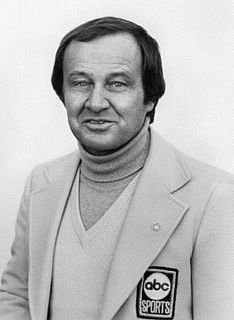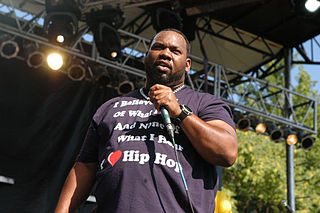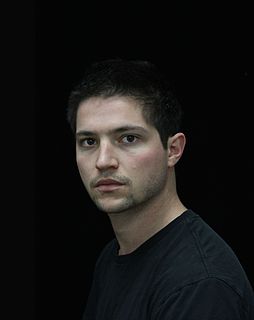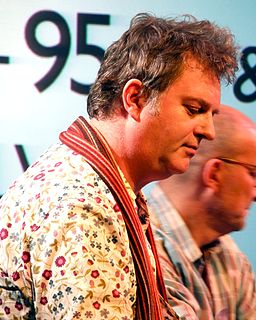A Quote by Jim McKay
Working on the film really made me confront my opinions about change and gentrification.
Related Quotes
The really successful work in England tends to be working-class writers telling working-class stories. The film industry has been slow to wake up to that, for a variety of reasons. It still shocks me how few films are written or made in England about working-class life, given that those are the people who go to movies.
I wasn't working much. So I focused on studying, and I really learned what it means to be an actor. And here I was on Jonny Quest,working with all these great people from back in the golden age of Hollywood, who came up doing radio. These were journeymen, working actors. It made me proud, and gave me some insight into what acting was really about if you weren't a star.
There's something magical about film, it's the ultimate for me, because it's kind of permanent - inasmuch as anything is. When I went to see Buster Keaton when I was about 14 and I came out of the cinema having really laughed at this film which had been made 50 years before, I thought: That's immortality. It's fantastic.

































